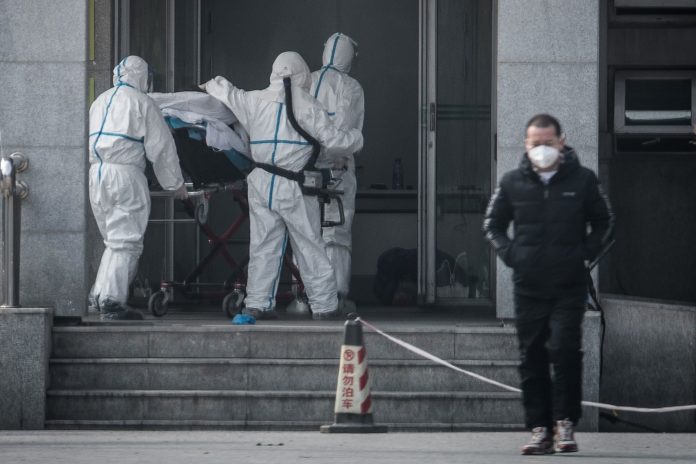Farai Mabeza
ZIMBABWE needs just over US$5m million for its coronavirus preparedness programme, a government official has said.
Isaac Phiri, who is responsible for public health emergency coordination in the Ministry of Health and Child Care, told a novel coronavirus outbreak inter-ministerial (2019-NOCV) meeting that the money was for preparedness only and not for handling an outbreak.
“In the event that a case is reported, the whole picture can change. This is just for pandemic preparedness,” Phiri said.
According to Phiri, the money would be used for, among other things, rapid response activation and training at all levels, infection prevention and control, risk communication and community engagement, coordination and laboratory readiness and sample collection.
Health and Child Care minister Obadiah Moyo said Zimbabwe was in need of test kits to enable it to conduct tests locally as testing is currently being done in South Africa.
“We have got the equipment I’m told but what we require are the test kits. This will make life very easy,” Moyo said.
There are no confirmed cases of coronavirus infection in Zimbabwe but 741 people from affected countries are currently being monitored, Moyo told the meeting.
He told cabinet earlier this week that a Public Emergency Operations Unit was being set up as a National Command Centre at Parirenyatwa Group of Hospitals.
The unit is being set up in partnership with Higher Life Foundation.
According to the World Health Organisation, all confirmed coronavirus cases can be traced to China where 427 deaths have been reported with the Philippines reporting a single death.
Coronaviruses are a large family of viruses that cause illness ranging from the common cold to more severe diseases such as Middle East Respiratory Syndrome (MERS-CoV) and Severe Acute Respiratory Syndrome (SARS-CoV).
Common signs of infection include respiratory symptoms, fever, cough, shortness of breath and breathing difficulties. In more severe cases, infection can cause pneumonia, severe acute respiratory syndrome, kidney failure and even death.
Standard recommendations to prevent infection spread include regular hand washing, covering mouth and nose when coughing and sneezing, thoroughly cooking meat and eggs. Avoid close contact with anyone showing symptoms of respiratory illness such as coughing and sneezing.











